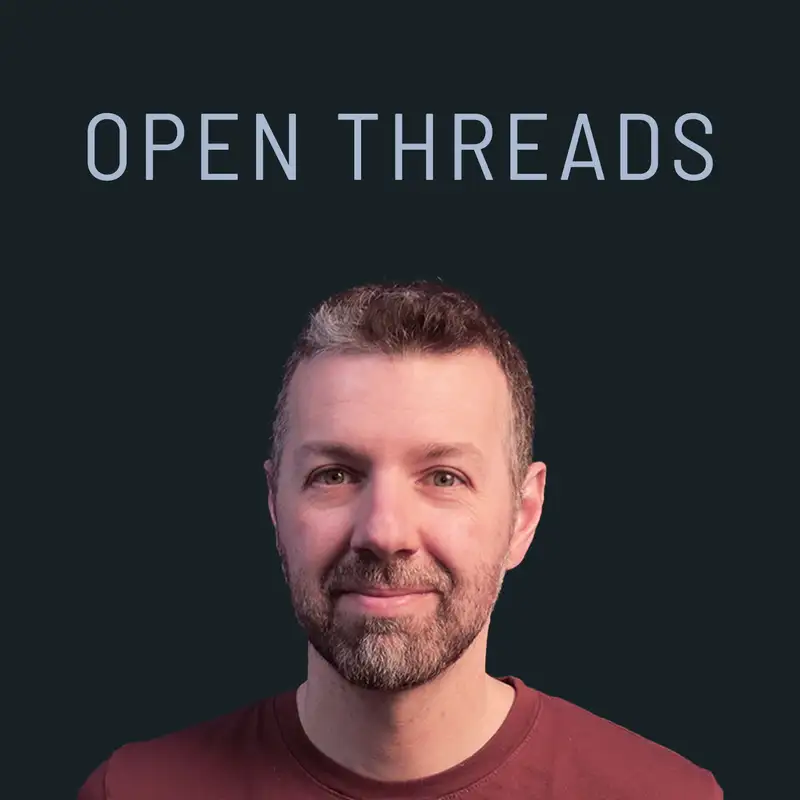Where is web3 going? Ian Landsman explains
Ian Landsman, founder of Helpspot, joins me to talk all about where is web3 going.
Brian and Ian's conversation was recorded on July 11, 2022.
Brian and Ian's conversation was recorded on July 11, 2022.
Creators and Guests

Host
Brian Casel
Teaching product skills at https://t.co/slTlMF8dXh | founder @Clarityflow | co-host of https://t.co/pXrCHLdDwe

Guest
Ian Landsman
Founder HelpSpot, LaraJobs, and Laracon Online. @ianlandsman on Threads. Podcasting at https://t.co/UbqP5JQfIJ
